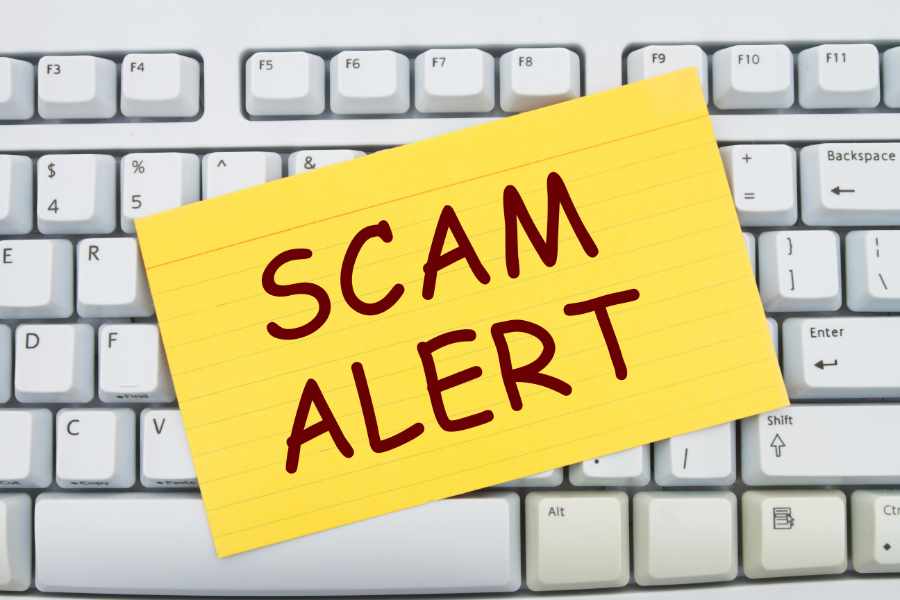The question of Medicare sustainability is in tandem with Social Security sustainability. Both...


Scammers are taking advantage of the fears surrounding the Coronavirus.
Scammers have no shame, and nothing — not even a global health crisis — is off limits. There’s a lot to worry about with COVID-19, and, unfortunately, it’s time to add COVID-19 scams to the list. Let’s be proactive, stay on alert and get ahead to flatten the COVID-19 scam curve. Here are a few schemes to watch out for and some ways to protect yourself along the way.
Most people who qualify for a check will automatically get it direct deposited by the IRS within weeks. Be patient. Don’t let a scammer confuse you or get your personal information. For trusted information and updates about IRS payments — including eligibility, how to sign up for direct deposit, or where to file a short tax form — always start with irs.gov/coronavirus.
The FTC and FDA have jointly issued several warning letters to sellers of unapproved and misbranded products, claiming they can treat or prevent the Coronavirus. Fake online sellers are also claiming they have in-demand products, like cleaning, household, and health and medical supplies. You place an order, but you never get your shipment. Anyone can set up shop online under almost any name — including scammers.
When a major health event — like the Coronavirus — happens, you might be looking for ways to help. Scammers use the same events to take advantage of your generosity. Some scammers use names that sound a lot like the names of real charities.
These scams usually involve unsolicited phone calls, emails, text messages, or fake websites that pose as legitimate organizations and try to convince you to provide personal or financial information — like account numbers, Social Security numbers, or your login IDs and passwords. Scammers often use familiar company names or pretend to be someone you know (like the Center for Disease Control (CDC) or World Health Organization (WHO)). Then, they use your information to steal your money, your identity, or both. Don’t fall for it!!!
Virtus Wealth Management is here for you and we hope you find this information helpful. Let’s work together to flatten the COVID-19 scam curve. To keep up with the latest scams, and what the FTC is doing, you can sign up to get Consumer Alerts. And if you see a scam related to the coronavirus, be sure to report it to the FDC at ftc.gov/complaint.